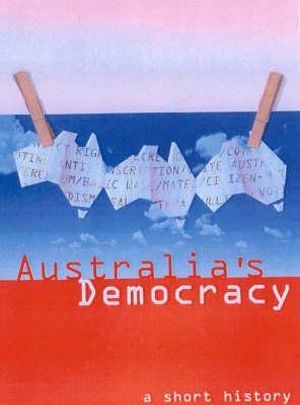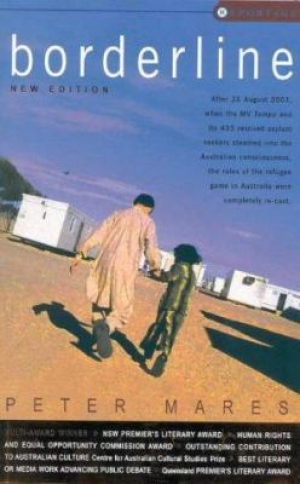UNSW Publishing
Patricia Grimshaw reviews 'Australia’s Democracy: A short history' by John Hirst and 'The Citizens’ Bargain: A documentary history of Australian views since 1890' edited by James Walter and Margaret Macleod
John Hirst faced a challenging task when he set out to write Australia’s Democracy: A short history. In a single monograph, he has traced the story of political rights and practices of citizenship, assessed within a context of social change. Not only does such writing place considerable demands on a historian’s range, but any prominent historian who attempts a short history attracts the sharp attention of all stakeholders. In Hirst’s case, his position as chair of the Commonwealth Government’s Civics Education Group has contributed further to his high profile in recent discussion on the need for citizenship training. Australia’s Democracy was funded by the Department of Education, Science and Training, and made available to schools for the ‘Discovering Democracy’ programme. Few historians write while carrying so much responsibility towards their prospective readership.
... (read more)Penelope Mathew reviews 'Borderline: Australia’s treatment of refugees and asylum seekers' by Peter Mares and 'Asylum Seekers: Australia’s response to refugees' by Don McMaster
The year 2001 marks the centenary of the Federation of Australia and the fiftieth anniversary of the 1951 Convention Relating to the Status of Refugees. There are important linkages between these milestones. Australian Federation was driven, among other factors, by the desire to gain sovereign control over immigration. Despite the demise of the White Australia Policy and Australia’s early support for the Refugee Convention, Australia’s present-day treatment of refugees and asylum-seekers shows us to be a nation that is still defined in negative terms, through the exclusion of others.
... (read more)

